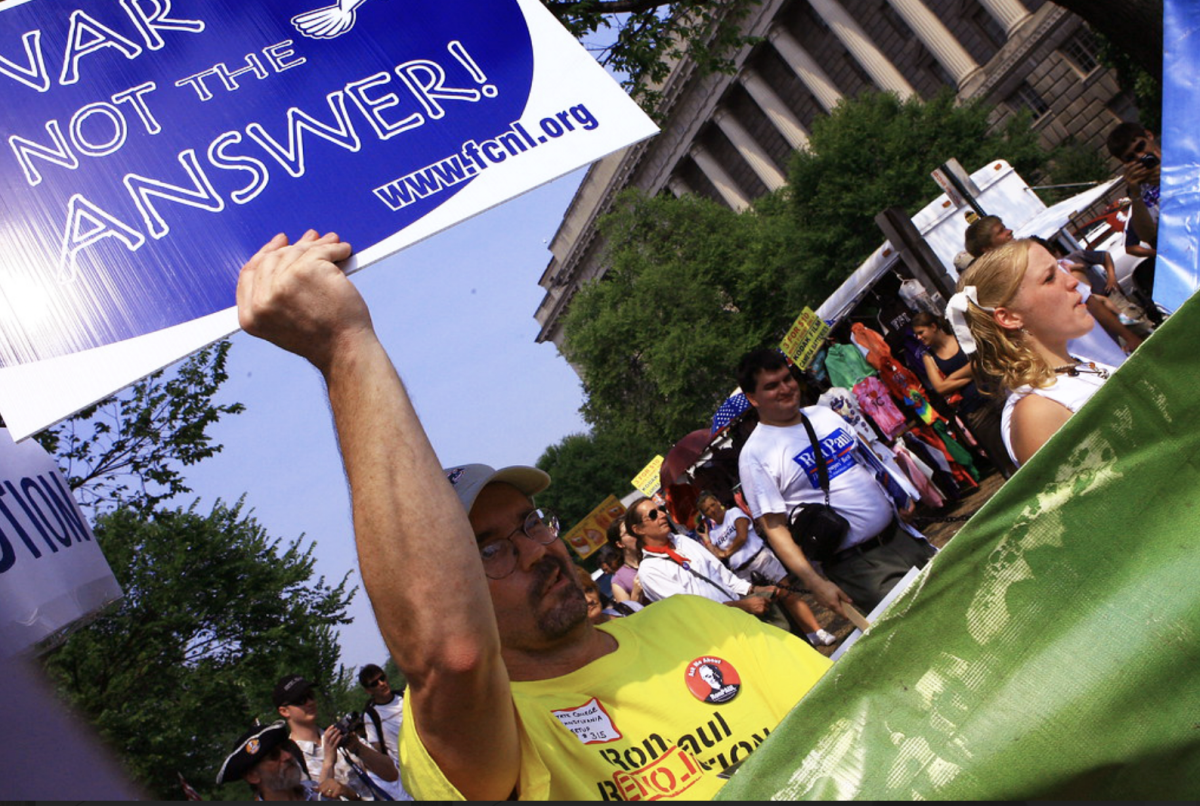Former President of the United States, Donald Trump, is facing his third indictment, which centers around his alleged efforts to overturn the 2020 election. This news follows his second indictment over incidents involving classified government documents.
Trump’s second indictment was filed in June of 2023 by a federal grand jury in Florida for taking classified documents regarding national defense. Following the conclusion of his presidential term, Trump seized multiple government documents and retained possession of them. For over a year, he resisted the federal government’s efforts to reclaim the classified material. In Aug. of 2022, the FBI searched Trump’s Mar-a-Lago resort in Palm Beach, Florida, on a court-approved warrant, discovering around 100 confidential documents.
In June, the jury initially charged Trump with 37 criminal counts, most surrounding his obstruction of justice and alleged attempts to hide the documents from investigators, according to The Washington Post. Along with Trump, Walt Nauta, the former president’s aide, has also been charged with multiple counts related to the classified documents case. Trump and Nauta were both charged with violating the Espionage Act, which bars willful retention of national defense documents. Both pleaded not guilty to the presented charges.
On July 27, the grand jury revised the indictment, adding three more charges due to Trump’s attempts to destroy security footage of the Mar-a-Lago resort. The jury also added another count for violating the Espionage Act, as recordings surfaced of Trump showing classified information, while actively acknowledging its classified nature, to other people who did not have clearance or authorization to view the material. These new charges bring 40 criminal counts in the classified documents case.
With the trial date set for May 20, 2024, a third indictment has risen against Trump for his alleged interference in the 2020 election. The recent indictment centers around allegations that Trump and six other unnamed co-conspirators tried to overturn the 2020 election results to maintain Trump’s presidency. On Aug. 1, the former president was indicted on four conspiracy charges to defraud the United States and violate civil rights and obstruction of voting certification proceedings.
According to the Washington Post, the indictment claims that Trump was aware of his false claims of election fraud, as he was informed by state representatives and White House officials, but continued to lie to interfere with the function of the federal government.
The indictment’s obstruction charges also stem from Trump’s actions hindering official proceedings of Biden’s election win. This includes his directions to his supporters to gather at the Capitol on Jan. 6 and his alleged attempt to physically block Congress from confirming election results. Prosecutors argue that this action also conspired to prevent people from exercising their right to vote, shown through the count of conspiracy to violate civil rights.
Sophomore Maddie Davant expressed the importance of Trump’s third indictment, stating that “it’s a historical event as [Trump] tried to disrupt the peaceful change of power.” She highlighted the necessity of holding political figures responsible for their actions and preventing them from evading accountability.
Sophomore Sophie Haar agreed with Davant. “The fact that he has so many [indictments] and the most recent two being back to back shows his irresponsibility as the former president,” Haar said.
The 78 charges stemming from the three indictments of Trump prompted discussions about Trump’s performance as the former president and his influence on the political climate. As these legal proceedings continue to unfold, they bring to light the complicated intersection between politics and justice, initiating a critical examination of the ethical standards associated with the presidency.










































